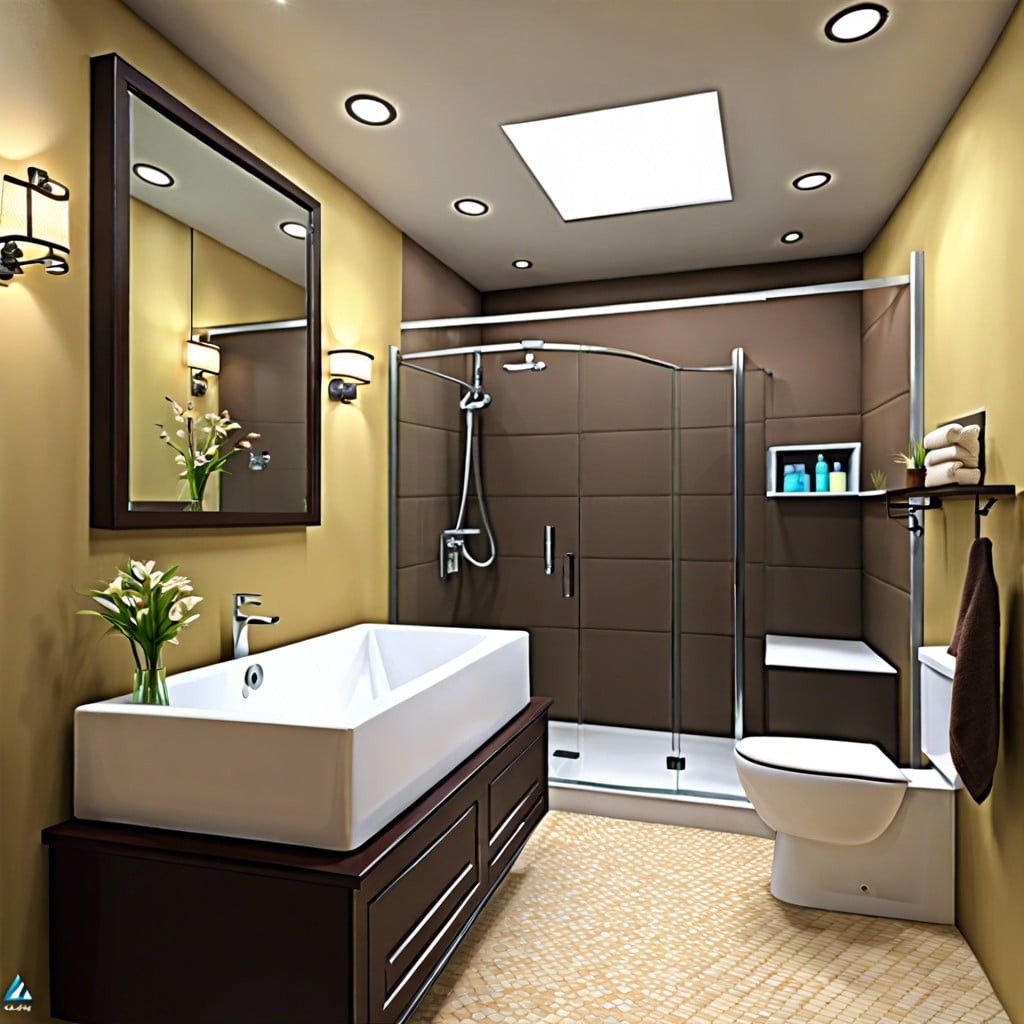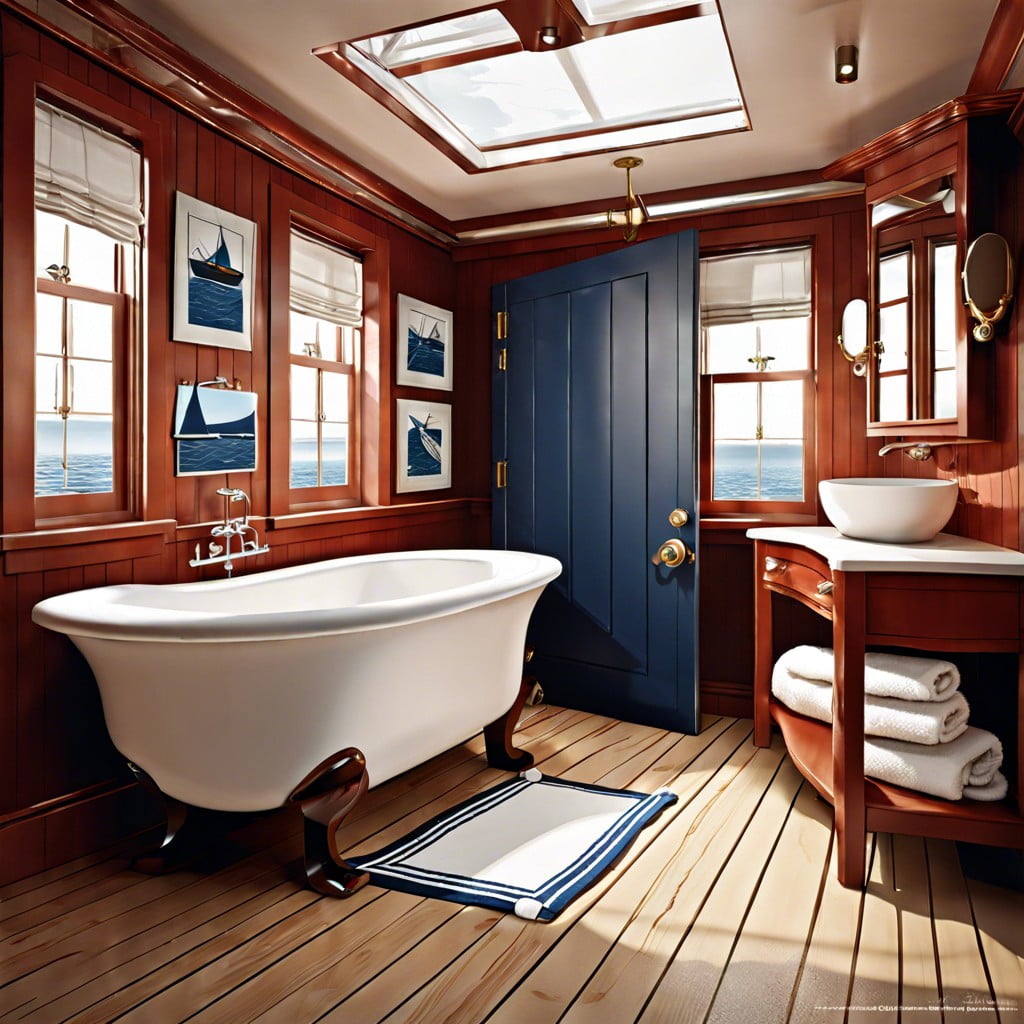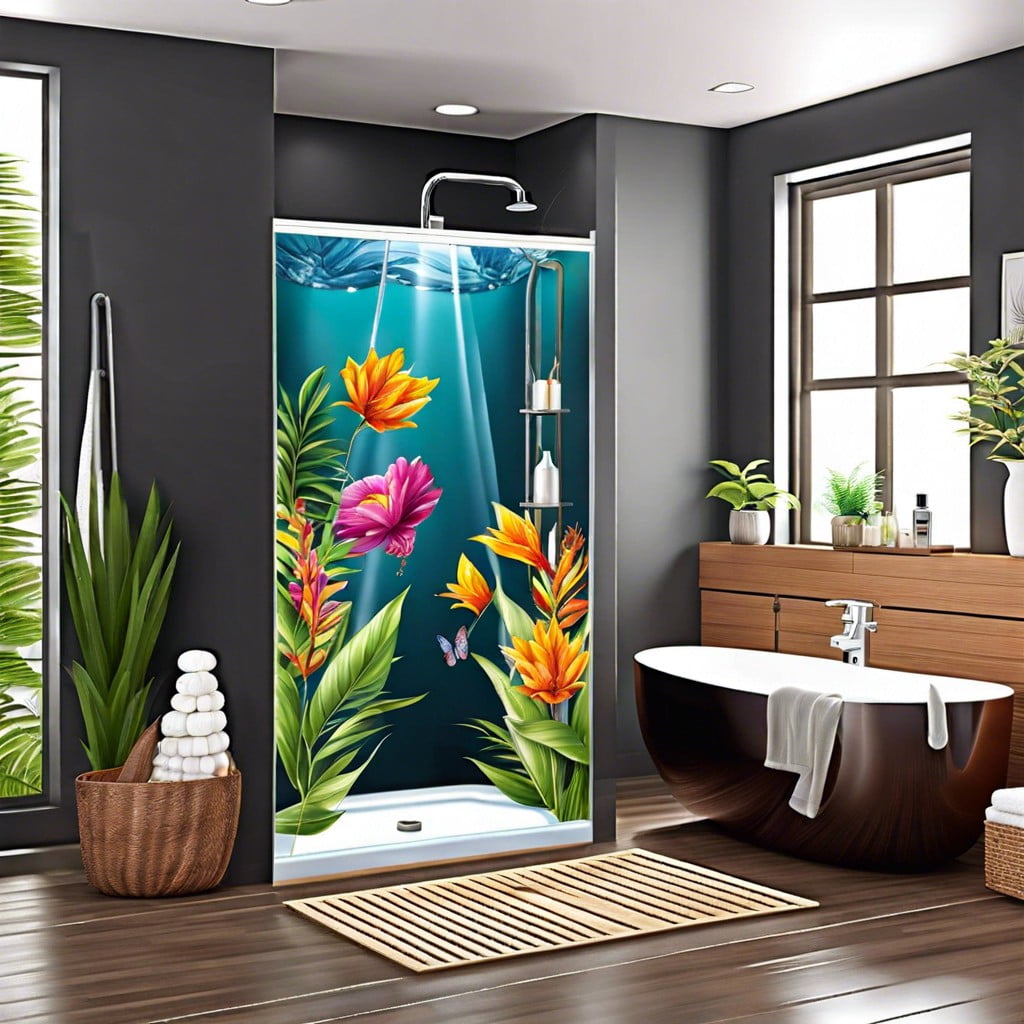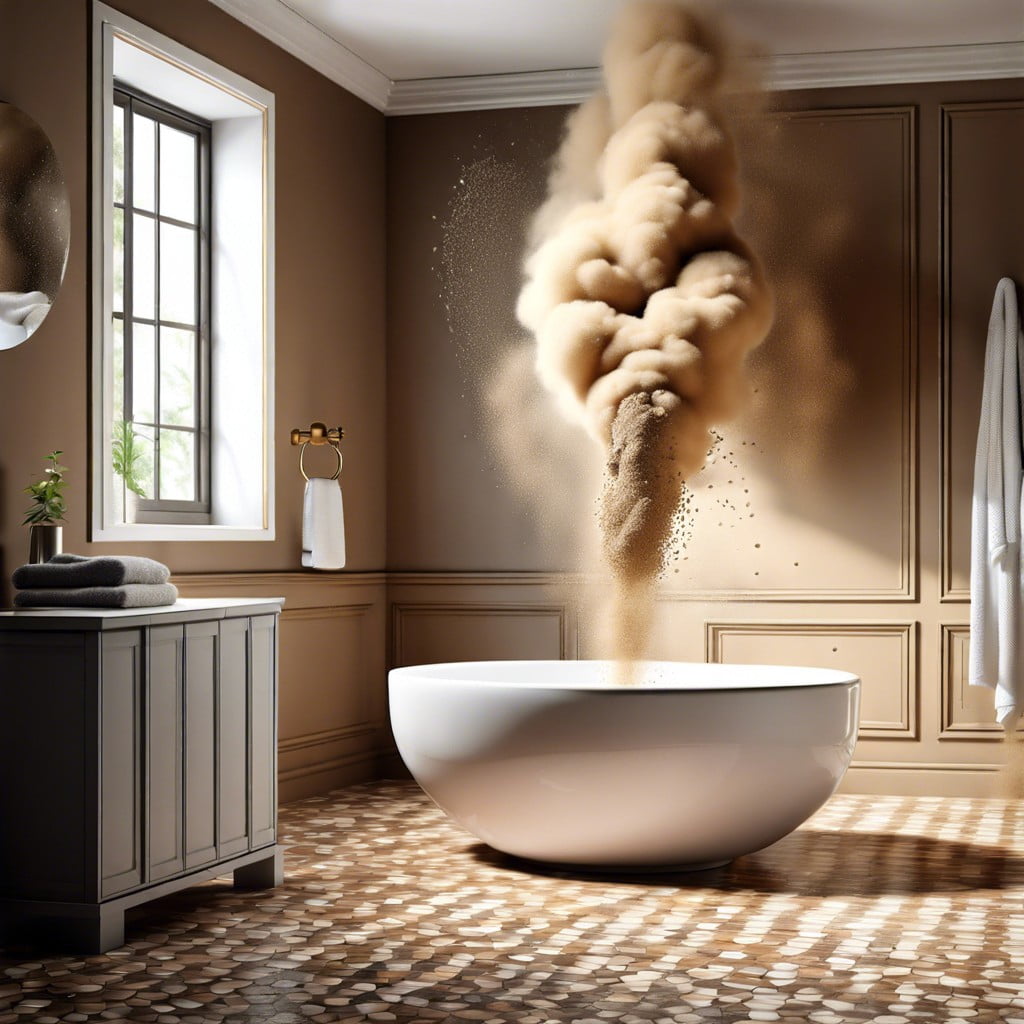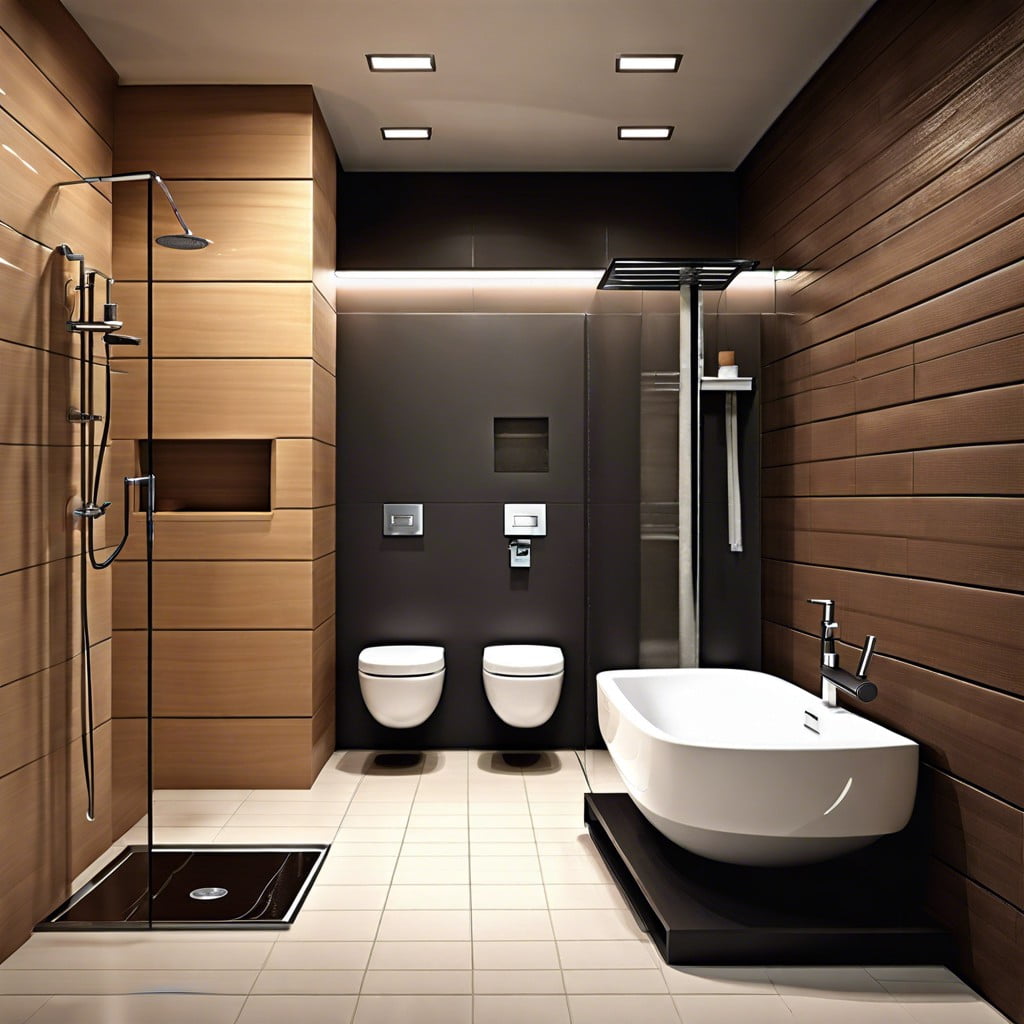Last updated on
Unraveling the mystery of our canine companions following us to the bathroom, it’s high time we delve into their instinctual, emotional and social reasons.
Key takeaways:
- Dogs follow us to the bathroom because they are social animals.
- Dogs want affection and seek connection with their owners.
- Dogs follow us to the bathroom because we have rewarded their behavior in the past.
- Dogs may have separation anxiety and seek reassurance by following us.
- Dogs may follow us to the bathroom if they are not feeling well.
They’re Social Animals
Pack mentality is wired into the canine brain. Your furry friend sees you as a member of their pack, and it’s a natural behavior for them to want to be with their pack at all times. Historically, dogs operate on a system of close social structures, and isolation from the group is unnatural and anxiety-provoking for them.
This instinctual behavior is not only about companionship but also about protection. In the wild, going off alone could be dangerous, and being together means safety. So, when you head off to the bathroom, your dog may simply be sticking to their ancestral script—following the pack leader to ensure their safety, and yours.
It’s also about curiosity and engagement. Dogs are naturally inquisitive creatures. Closed doors are a mystery to be solved, and they want to be part of whatever is happening on the other side, especially if it involves their favorite human.
Understanding this behavior can bring a smile next time your pooch intrudes on your private bathroom time—it’s simply their way of saying ‘we’re in this together, no matter where “this” is.’
They Want Affection
Let’s dive a touch deeper into the affection aspect – dogs, akin to their wolf ancestors, are pack-oriented. These four-legged pals crave your company and attention for reassurance and bonding.
When you’re behind closed doors, they might feel left out and follow you to sustain that connection. It’s their way of saying, “I’m here for you, no matter where!“
Consider the moments when you give your pup a belly rub or a treat while you’re lounging in the bathroom – you’re inadvertently reinforcing this behavior. They remember those good feelings and associate them with the location, so it becomes a habitual yearning for similar positive experiences.
Who wouldn’t repeat an action that resulted in extra scratches behind the ears?
You’ve Been Rewarding Their Behavior
Oftentimes without realizing it, we reinforce our dogs’ behavior with what they perceive as rewards. Consider the moments when your furry companion slides in with you behind the bathroom door – your reaction may unintentionally encourage a repeat performance. If you’re offering a scratch behind the ears or a loving pat every time they accompany you, they’re likely to continue the behavior.
Even non-physical attention, such as speaking to them or making eye contact, can act as a positive reinforcement. Dogs thrive on interaction and even a simple acknowledgment can be enough of an incentive for them to follow you again.
Being mindful of these responses is key. If the bathroom escort isn’t a habit you want to continue, then being consistent with your reactions is vital. Ignoring them while you are in the bathroom may be more effective in dissuading this behavior than verbal commands which can still be interpreted as attention.
They Have Separation Anxiety
Understanding that a clingy pup might be struggling with separation anxiety is essential for pet owners. Consider the classic signs—destructive behavior when alone, constant following, or incessant barking. These behaviors aren’t just quirks; they’re a cry for help. Your furry friend doesn’t understand that you’ll return; each separation feels like an eternity to them.
Addressing this issue is not just about curbing a nuisance; it’s about ensuring the emotional well-being of your canine companion. Building confidence through training, desensitization, and possibly consulting a vet or animal behaviorist are proactive steps to help alleviate their hidden distress. Remember, when your pooch shadows you to the loo, they might just be seeking reassurance that you’re not going anywhere — without them.
They Aren’t Feeling Well
When your furry companion isn’t feeling their best, they might seek out your presence as a source of comfort and security. Dogs have a natural instinct to hide their vulnerabilities, but when it comes to their trusted human, they may stick close by as an unspoken request for care.
Look out for other signs of distress or illness such as changes in appetite, energy levels, or bathroom habits that could indicate a trip to the vet is in order. Remember, their following you could be more than a quirky behavior—it might be a silent plea for help.
FAQ
What does it mean when a dog follows you to the bathroom?
A dog following you to the bathroom generally signifies their strong attachment to you, stemming from their inherent social nature and their desire for human companionship.
Why do dogs guard you when you poop?
Dogs guard you while you poop due to their ingrained pack mentality, where they safeguard their vulnerable members, expecting the same protection in return during their moments of vulnerability.
Do dogs pick a favorite person?
Indeed, dogs do pick a favorite person, a preference often formed based on positive experiences and associations with that individual over time.
Why do dogs watch you when they go to the bathroom?
Dogs maintain eye contact while doing their business as a way of seeking your protection during their vulnerable moment.
Could the bathroom behavior of my dog be linked to their protective instincts?
Yes, a dog’s bathroom behavior can potentially be linked to their protective instincts, marking their territory as an act of safeguarding their home and their humans.
How does a dog’s pack mentality influence their choice to accompany owners to the restroom?
A dog’s pack mentality inherently drives them to follow their owners everywhere, including the restroom, as this behavior is a manifestation of their instinct to protect and stay close with their pack.
What do canine experts say about the curious toilet habits of our furry friends?
Canine experts suggest that dogs have a curious toilet habit due to their innate instinct to mark their territory, establish dominance, and navigate using their strong sense of smell.
Recap
